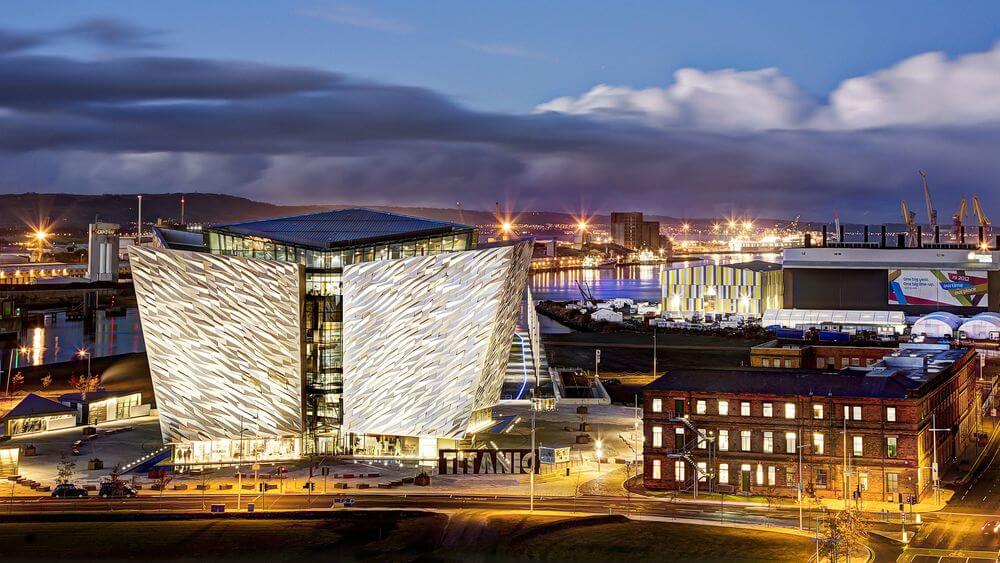SINCE the Good Friday Agreement was signed in 1998, Northern Ireland’s GDP has more than doubled.
An economic analysis by trade and investment advisory firm OCO Global, set up in Belfast shortly after the agreement was signed, shows GDP up from £19.8bn in 1998 to £43.7bn in 2020 — and average per-capita GDP has risen from £13,391 to £25,575.

The economy has been transformed by outside investment, trade, tourism, and investment in infrastructure, says the chair of OCO Global, Mark O’Connell. When he set up the firm in 2001, there was “a palpable sense of business confidence” for the region, he says. While intervening years have seen global upheavals and uncertainty, the NI economy has undoubtedly improved.
With access to the UK and EU markets, now is the time for the region to double-down on the agreement’s achievements, O’Connell says. The economy could “grow by 50 percent in the next decade”.
OCO’s historical analysis is based on four indicators: tourism, investment, liveability, and the economy. Tourism has been one of the sectors to benefit most. Overseas visitors have more than doubled, from 1.3 million a year to three million, and scheduled air routes to Northern Ireland have tripled.
Another notable change has been the growth of Northern Ireland’s private sector and a reduction in the region’s traditional reliance on public sector jobs. Investment in cybersecurity, fintech and analytics has helped.
“A better economy means that Northern Ireland is also a healthier, wealthier, and happier place to live,” says O’Connell. “Clearly, not everyone has felt these benefits to the same degree, and we have far too many communities still living in deprivation, but the best way to address these problems is to keep building prosperity.”
The Good Friday Agreement’s anniversary will focus the world’s attention on Northern Ireland, towards which there is “a lot of goodwill internationally”.
OCO forecasts the creation of some 33,000 regional jobs by 2033.




























